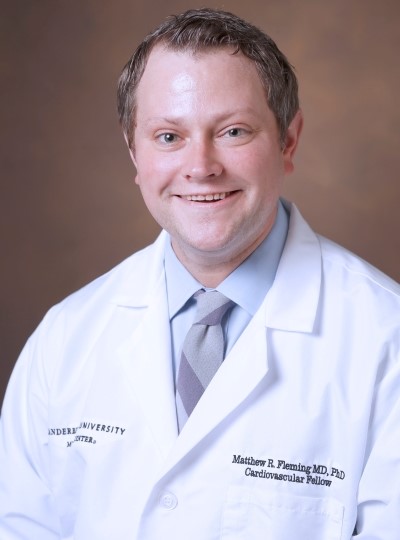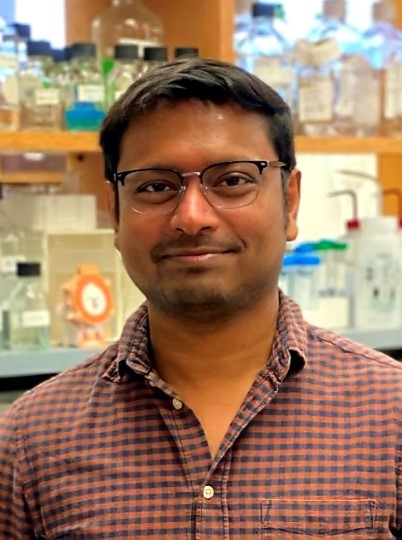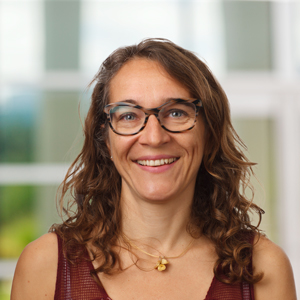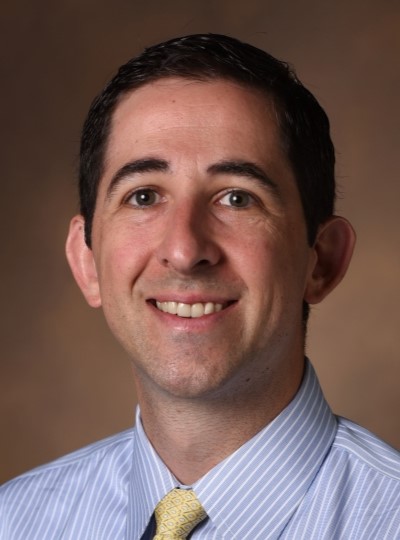Denis Mogilenko, Ph.D.
- Assistant Professor of Medicine (Rheumatology and Immunology)
Denis Mogilenko, Ph.D.
- Assistant Professor of Medicine (Rheumatology and Immunology)
denis.mogilenko@vumc.org
Research Program
Research Description
Kristin Patrick, Ph.D.
- Associate Professor of Pathology, Microbiology and Immunology
Kristin Patrick, Ph.D.
- Associate Professor of Pathology, Microbiology and Immunology
kristin.patrick@vumc.org
Research Program
Research Description
Matthew Lang, Ph.D.
- Professor of Chemical and Biomolecular Engineering
Matthew Lang, Ph.D.
- Professor of Chemical and Biomolecular Engineering
matt.lang@Vanderbilt.Edu
Research Program
Research Description

Alan Tan, M.D.
- Associate Professor of Genitourinary Oncology
Alan Tan, M.D.
- Associate Professor of Genitourinary Oncology
alan.tan@vumc.org
Research Program
Research Description

Matthew Fleming, M.D., Ph.D.
- Instructor of Cardiology
Matthew Fleming, M.D., Ph.D.
- Instructor of Cardiology
matthew.r.fleming@vumc.org
Research Program
Research Description
Sharon Jones, R.N., M.S.
- Assistant Professor of Nursing
Sharon Jones, R.N., M.S.
- Assistant Professor of Nursing
sharon.jones@Vanderbilt.Edu
Research Program

Rahul Bhowmick, Ph.D.
- Assistant Professor of Biochemistry
Rahul Bhowmick, Ph.D.
- Assistant Professor of Biochemistry
rahul.bhowmick@Vanderbilt.Edu
Research Program
Research Description

Katrin Karbstein, Ph.D.
- Co-Leader, Cancer Cell Biology Research Program
- Ingram Professor of Cancer Research
- Professor of Biochemistry
Katrin Karbstein, Ph.D.
- Co-Leader, Cancer Cell Biology Research Program
- Ingram Professor of Cancer Research
- Professor of Biochemistry
katrin.karbstein@vanderbilt.edu
Research Program
Research Description
Xiaoyu Jiang, Ph.D.
- Research Assistant Professor of Radiology and Radiological Sciences
Xiaoyu Jiang, Ph.D.
- Research Assistant Professor of Radiology and Radiological Sciences
xiaoyu.jiang@vumc.org
Research Program
Research Description

Daniel Benedetti, MD, MA
- Associate Professor of Pediatrics (Hematology/Oncology)
Daniel Benedetti, MD, MA
- Associate Professor of Pediatrics (Hematology/Oncology)
daniel.benedetti@vumc.org


